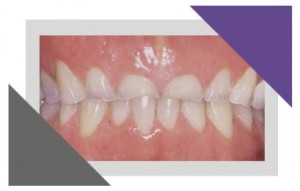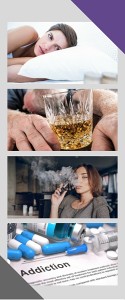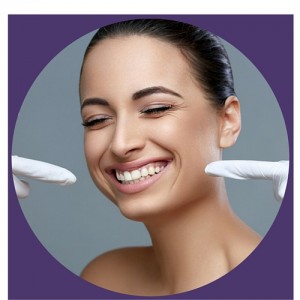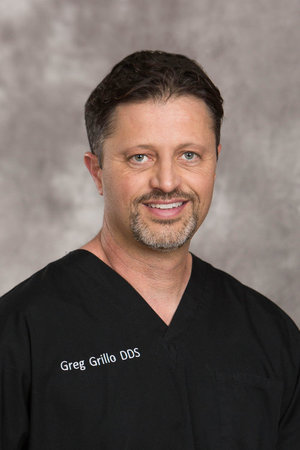Getting to the Source of the Grinding Condition: Bruxism
What is Bruxism?
Sleep Bruxism is clinically known as nocturnal teeth grinding, even though it may not always occur during the night hours. Around 10% of all adults grind their teeth at night, and it’s not just during sleep. 
What are some of the reasons that people grind their teeth?
In our search to find some answers about Bruxism, we checked out This valuable resource from Sleepfoundation.org. sheds some light on some of the reasons people partake in this habit. When we are at a very young age and are told not to grind our teeth, it’s easy to believe that we would never want to. But as life goes on and we face many different types of scenarios, we soon find ourselves at odds with some of these things that cause people to create varying levels of Bruxism
• Anxiety and Stress: This is no surprise, and sometimes our bodies want to produce the same reaction that tapping our feet or other nervous gestures provide. And as our heart rates increase, some who have been grinding their teeth for awhile simply can’t resist the urge.
• Alcohol Consumption: Even though alcohol is categorized as a depressant, after it is used for a few straight days or someone is developing an addiction, it can lead to grinding of the teeth, especially if you have not had a drink for awhile and alcohol re enters the bloodstream, it can produce this reaction.
• Cigarette smoking: It’s not just the short high that the nicotine provides, cigarette smoking caters to those who already have a type of oral fixation, and fixation that contributes to the tightening of extremities, like fingers. When some smokers need a cigarette, they sometimes rub their fingers together; the teeth grinding is similar.
• Caffeine: Just as some people who drink caffeine experience eye twitches, the grinding of teeth can be commonplace as well. Even in those who only have 1-2 cups a day, the stimulatory effect and daily intake over time can cause bruxism.
• Sleep apnea: If your breathing during your sleeping time is already a bit irregular, the sudden changes in breathing can cause you to grind your teeth. Furthermore, if you have been suffering from sleep apnea for awhile, the tendencies to grind can linger into the workday.
• Drug Abuse: There are many different kinds of medications that can lead to bruxism: the usual suspects are cocaine and methamphetamine, but other prescriptions for daytime allergies can even lead to the grinding of teeth. Not everyone is susceptible to this, but many users of all types of medications are.
Lifestyle factors contributing to bruxism
There is a very complex link between bruxism and different lifestyle factors. Sometimes it is beneficial to be of a young age regarding this condition, sometimes just the opposite. Those who may tend to stay up very late finishing work, doing graduate studies, or partying with drugs and alcohol may find themselves all in the same category. This is what can sometimes lead to Apnea, along with being overweight and other health problems. Even high blood pressure can contribute to grinding your teeth, but there are still a lot of unknowns when it comes to this behaviour.
Getting Treatment for Bruxism
When we turned to the web to get some expertly gleaned information about Bruxism, The Bruxism Organisation itself provided some answers at this link about how to get treatment and move forward healthily without grinding your teeth. There are a number of options that can ease the grinding, which can very slowly but surely damage your teeth quite a bit. Many times Bruxism peaks out during the stages of sleep just before the body reaches REM state, and much more research still needs to be done on this fact. Here are some ways you can treat this issue:
• Night Guards: These are available over the counter, or your dentist can make one in a custom design to fit your mouth securely.
• A Splint: This is a custom-made piece of hard plastic that is constructed to fit securely over the bottom or top teeth, wherever needed. The clenching of the back molars is stopped because of the way the guard fits over the front teeth.
• Braces: Braces may be needed straighten the teeth, especially in cases where the wear on the teeth has become so extreme that it becomes much more difficult to chew.
• Relaxation Techniques: Once you get your breathing a bit more under control, it can be easier to stop grinding your teeth. Rapid breathing can promote the kinds of movement in the body and upper jaw that leads to the hazardous grinding of teeth.
• Using a warm washcloth: This is a very temporary relief tactic, but can ease some pressure and apply a bit of the comforting compress sensation that will ease the grinding.
• Visiting a chiropractor: Just a few decades ago, chiropractors were not as trusted, and people thought they didn’t really understand the ebbs and flows of our bodies. But many of them do, and they can use many techniques to help ease the messages our body gives to different receptors that make us grind our teeth.
• Using muscle relaxants: Whether narcotic such as soma, or natural aids such as magnesium malate, once muscles are relaxed in other areas of the body, you may not have as much of an urge to move your jaw around or grind it.
Medically Fact-Checked & Written by Our Dental Editorial Team
You can read more about our editorial guidelines by clicking this link and learn more about the Emergency Dentists USA editorial team here.





